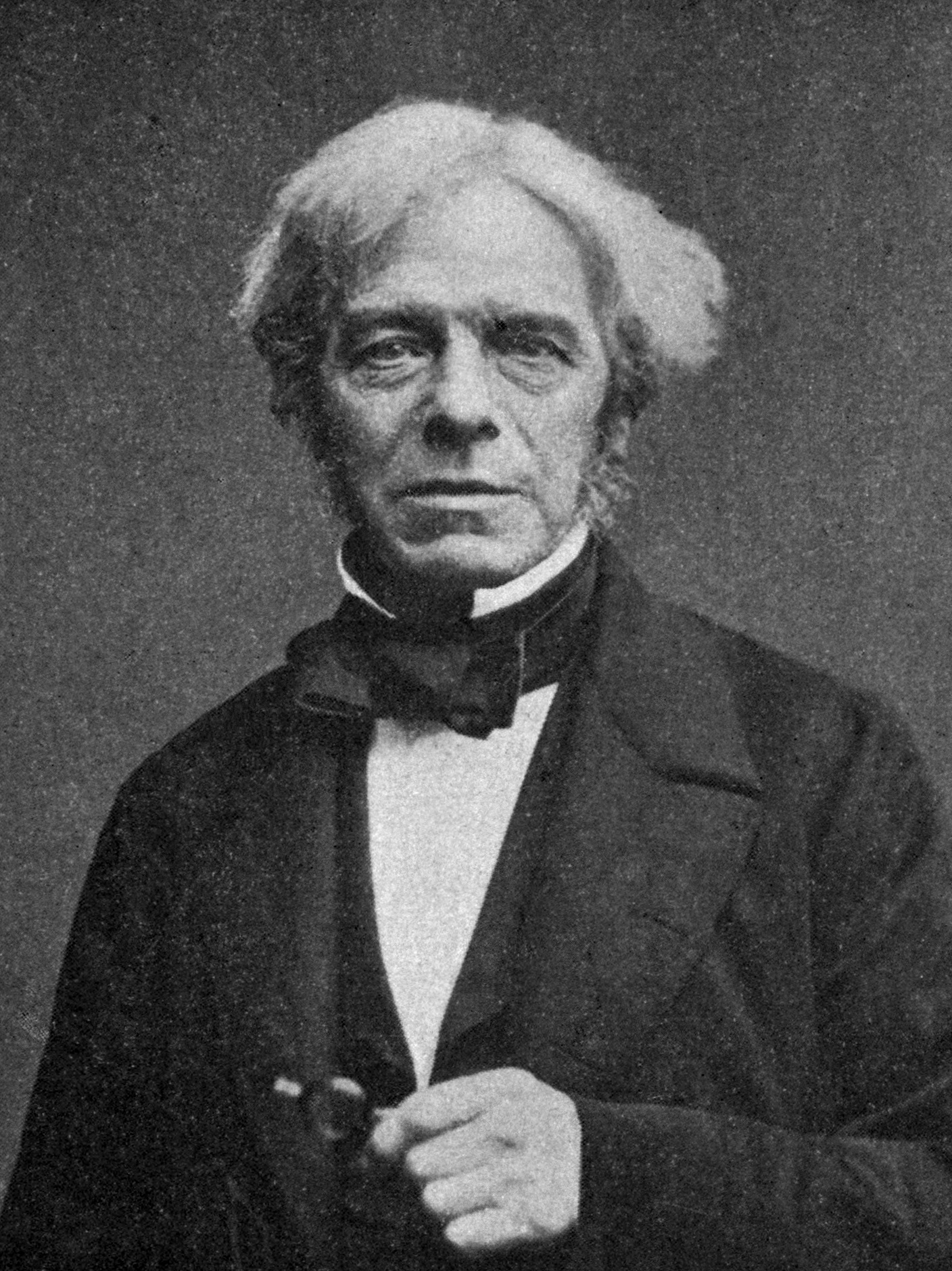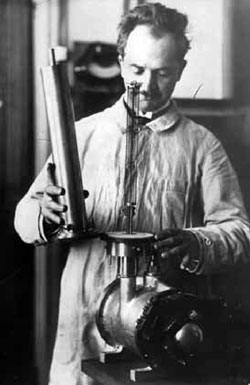|
Roger Cowley
Roger Arthur Cowley, FRS, FRSE, FInstP (24 February 1939 – 27 January 2015) was an English physicist who specialised in the excitations of solids. Biography Cowley was born in Woodford Green, Essex, on 24 February 1939. His father, Cecil Arthur Cowley, was a chartered surveyor, and his mother Mildred Sarah Nash was from a farming family. During World War II, the family evacuated to Leighton Buzzard, Bedfordshire, later moving to Shenfield and on to Gidea Park, Essex. He was educated at Brentwood School, where he had won a scholarship, and afterwards he entered Trinity Hall, Cambridge, where he read natural sciences. Cowley would remain at Cambridge to study for a PhD. He married Sheila Joyce Wells, a teacher of mathematics, on 4 April 1964 and they had two children. On 27 January 2015 Cowley died at a care home in Oxford as a result of a head injury sustained in a bicycle accident a year earlier. Career and research He was appointed professor of physics at the University ... [...More Info...] [...Related Items...] OR: [Wikipedia] [Google] [Baidu] |
University Of Oxford
, mottoeng = The Lord is my light , established = , endowment = £6.1 billion (including colleges) (2019) , budget = £2.145 billion (2019–20) , chancellor = The Lord Patten of Barnes , vice_chancellor = Louise Richardson , students = 24,515 (2019) , undergrad = 11,955 , postgrad = 12,010 , other = 541 (2017) , city = Oxford , country = England , coordinates = , campus_type = University town , athletics_affiliations = Blue (university sport) , logo_size = 250px , website = , logo = University of Oxford.svg , colours = Oxford Blue , faculty = 6,995 (2020) , academic_affiliations = , The University of Oxford is a collegiate research university in Oxf ... [...More Info...] [...Related Items...] OR: [Wikipedia] [Google] [Baidu] |
Trinity Hall, Cambridge
Trinity Hall (formally The College or Hall of the Holy Trinity in the University of Cambridge) is a constituent college of the University of Cambridge. It is the fifth-oldest surviving college of the university, having been founded in 1350 by William Bateman, Bishop of Norwich, to train clergymen in canon law following their decimation during the Black Death. Historically, Trinity Hall taught law; today, it teaches the sciences, arts, and humanities. Trinity Hall has two sister colleges at the University of Oxford, All Souls and University College. Notable alumni include theoretical physicists Stephen Hawking and Nobel Prize winner David Thouless, Australian Prime Minister Stanley Bruce, Canadian Governor General David Johnston, philosopher Marshall McLuhan, Conservative cabinet minister Geoffrey Howe, Charles Howard, 1st Earl of Nottingham, writer J. B. Priestley, and Academy Award-winning actress Rachel Weisz. History The devastation caused by the Black Death plague of ... [...More Info...] [...Related Items...] OR: [Wikipedia] [Google] [Baidu] |
English Physicists
English usually refers to: * English language * English people English may also refer to: Peoples, culture, and language * ''English'', an adjective for something of, from, or related to England ** English national identity, an identity and common culture ** English language in England, a variant of the English language spoken in England * English languages (other) * English studies, the study of English language and literature * ''English'', an Amish term for non-Amish, regardless of ethnicity Individuals * English (surname), a list of notable people with the surname ''English'' * People with the given name ** English McConnell (1882–1928), Irish footballer ** English Fisher (1928–2011), American boxing coach ** English Gardner (b. 1992), American track and field sprinter Places United States * English, Indiana, a town * English, Kentucky, an unincorporated community * English, Brazoria County, Texas, an unincorporated community * Engli ... [...More Info...] [...Related Items...] OR: [Wikipedia] [Google] [Baidu] |
2015 Deaths
This is a list of deaths of notable people, organised by year. New deaths articles are added to their respective month (e.g., Deaths in ) and then linked here. 2022 2021 2020 2019 2018 2017 2016 2015 2014 2013 2012 2011 2010 2009 2008 2007 2006 2005 2004 2003 2002 2001 2000 1999 1998 1997 1996 1995 1994 1993 1992 1991 1990 1989 1988 1987 See also * Lists of deaths by day The following pages, corresponding to the Gregorian calendar, list the historical events, births, deaths, and holidays and observances of the specified day of the year: Footnotes See also * Leap year * List of calendars * List of non-standard ... * Deaths by year {{DEFAULTSORT:deaths by year ... [...More Info...] [...Related Items...] OR: [Wikipedia] [Google] [Baidu] |
1939 Births
This year also marks the start of the Second World War, the largest and deadliest conflict in human history. Events Below, the events of World War II have the "WWII" prefix. January * January 1 ** Third Reich *** Jews are forbidden to work with Germans. *** The Youth Protection Act was passed on April 30, 1938 and the Working Hours Regulations came into effect. *** The Jews name change decree has gone into effect. ** The rest of the world *** In Spain, it becomes a duty of all young women under 25 to complete compulsory work service for one year. *** First edition of the Vienna New Year's Concert. *** The company of technology and manufacturing scientific instruments Hewlett-Packard, was founded in a garage in Palo Alto, California, by William (Bill) Hewlett and David Packard. This garage is now considered the birthplace of Silicon Valley. *** Sydney, in Australia, records temperature of 45 ˚C, the highest record for the city. *** Philipp Etter took over as Swi ... [...More Info...] [...Related Items...] OR: [Wikipedia] [Google] [Baidu] |
Institute Of Physics
The Institute of Physics (IOP) is a UK-based learned society and professional body that works to advance physics education, research and application. It was founded in 1874 and has a worldwide membership of over 20,000. The IOP is the Physical Society for the UK and Ireland and supports physics in education, research and industry. In addition to this, the IOP provides services to its members including careers advice and professional development and grants the professional qualification of Chartered Physicist (CPhys), as well as Chartered Engineer (CEng) as a nominated body of the Engineering Council. The IOP's publishing company, IOP Publishing, publishes 85 academic titles. History The Institute of Physics was formed in 1960 from the merger of the Physical Society, founded as the Physical Society of London in 1874, and the Institute of Physics, founded in 1918. The Physical Society of London had been officially formed on 14 February 1874 by Frederick Guthrie, following ... [...More Info...] [...Related Items...] OR: [Wikipedia] [Google] [Baidu] |
Institute Of Physics Michael Faraday Medal And Prize
The Michael Faraday Medal and Prize is a gold medal awarded annually by the Institute of Physics in experimental physics. The award is made "for outstanding and sustained contributions to experimental physics." The medal is accompanied by a prize of £1000 and a certificate. Historical development * 1914-1965 Guthrie Lecture initiated to remember Frederick Guthrie, founder of the Physical Society (which merged with the Institute of Physics in 1960). * 1966-2007 Guthrie Medal and Prize (in response to changed conditions from when the lecture was first established). From 1992, it became one of the Institute's Premier Awards. * 2008–present Michael Faraday Medal and Prize Medalists and lecturers Faraday medalists * 2019 Roy Taylor, "For his extensive, internationally leading contributions to the development of spectrally diverse, ultrafast-laser sources and pioneering fundamental studies of nonlinear fibre optics that have translated to scientific and commercial app ... [...More Info...] [...Related Items...] OR: [Wikipedia] [Google] [Baidu] |
Fernand Holweck Medal And Prize
The Fernand Holweck Medal and Prize is a major European prize for Physics awarded jointly every year by the British Institute of Physics (IOP) and the Société Française de Physique (SFP). It is one of the four Grand Prix of the SFP and one of the four International Bilateral Awards of the IOP, consisting of a gold medal and a 3000€ cash prize. History The prize was established in 1945 as a memorial to Fernand Holweck and other French physicists who were persecuted or killed by the Nazis during the German occupation of France during World War II, from 1940 to 1945. It was originally a £150 prize. It is awarded for distinguished work in experimental physics (which reflects Holweck's scientific interest) or in theoretical physics which is closely related to experimentation. The Holweck Prize is awarded every year, alternately to a French physicist and a British or Irish physicist. In 1974 two awards were made to mark the centenaries of the two societies. Holweck Laureates ... [...More Info...] [...Related Items...] OR: [Wikipedia] [Google] [Baidu] |
Phase Transition
In chemistry, thermodynamics, and other related fields, a phase transition (or phase change) is the physical process of transition between one state of a medium and another. Commonly the term is used to refer to changes among the basic states of matter: solid, liquid, and gas, and in rare cases, plasma. A phase of a thermodynamic system and the states of matter have uniform physical properties. During a phase transition of a given medium, certain properties of the medium change as a result of the change of external conditions, such as temperature or pressure. This can be a discontinuous change; for example, a liquid may become gas upon heating to its boiling point, resulting in an abrupt change in volume. The identification of the external conditions at which a transformation occurs defines the phase transition point. Types of phase transition At the phase transition point for a substance, for instance the boiling point, the two phases involved - liquid and vapor, have identic ... [...More Info...] [...Related Items...] OR: [Wikipedia] [Google] [Baidu] |
Neutron Scattering
Neutron scattering, the irregular dispersal of free neutrons by matter, can refer to either the naturally occurring physical process itself or to the man-made experimental techniques that use the natural process for investigating materials. The natural/physical phenomenon is of elemental importance in nuclear engineering and the nuclear sciences. Regarding the experimental technique, understanding and manipulating neutron scattering is fundamental to the applications used in crystallography, physics, physical chemistry, biophysics, and materials research. Neutron scattering is practiced at research reactors and spallation neutron sources that provide neutron radiation of varying intensities. Neutron diffraction (elastic scattering) techniques are used for analyzing structures; where inelastic neutron scattering is used in studying atomic vibrations and other excitations. Scattering of fast neutrons "Fast neutrons" (see neutron temperature) have a kinetic energy above ... [...More Info...] [...Related Items...] OR: [Wikipedia] [Google] [Baidu] |
Wadham College, Oxford
Wadham College () is one of the constituent colleges of the University of Oxford in the United Kingdom. It is located in the centre of Oxford, at the intersection of Broad Street and Parks Road. Wadham College was founded in 1610 by Dorothy Wadham, according to the will of her late husband Nicholas Wadham, a member of an ancient Devon and Somerset family. The central buildings, a notable example of Jacobean architecture, were designed by the architect William Arnold and erected between 1610 and 1613. They include a large and ornate Hall. Adjacent to the central buildings are the Wadham Gardens. Amongst Wadham's most famous alumni is Sir Christopher Wren. Wren was one of a brilliant group of experimental scientists at Oxford in the 1650s, the Oxford Philosophical Club, which included Robert Boyle and Robert Hooke. This group held regular meetings at Wadham College under the guidance of the warden, John Wilkins, and the group formed the nucleus which went on to found the Royal ... [...More Info...] [...Related Items...] OR: [Wikipedia] [Google] [Baidu] |


.jpg)



